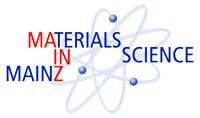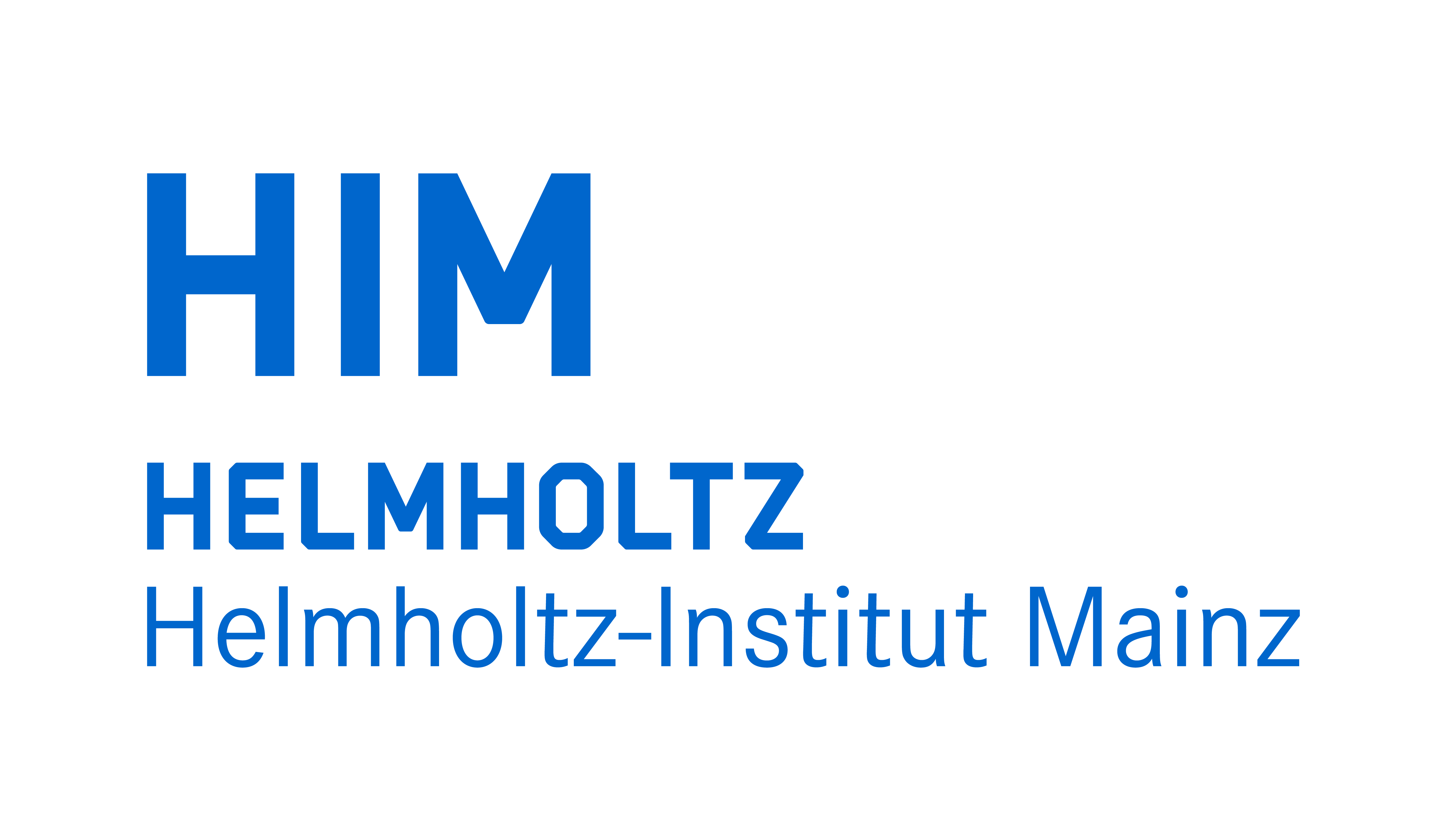


Physikalisches Kolloquium
June 4, 2019 at
4 p.m. c.t.
in
HS KPH
Prof. Dr. Friederike Schmid
Institut für Physik
friederike.schmid@uni-mainz.de
Prof. Dr. Hartmut Wittig
Institut für Kernphysik
hartmut.wittig@uni-mainz.de
The Little Bang Standard Model
Prof. Dr. Ulrich Heinz (Ohio State University, Columbus/Ohio, USA)
The Little Bangs created in ultra-relativistic heavy-ion collisions share many characteristic features with the cosmological evolution after the Big Bang. They create a quark-gluon plasma - an extremely dense state of strongly interacting matter that flows like an almost perfect fluid. This allows to describe such heavy-ion collisions with dissipative relativistic fluid dynamics, supplemented by an early pre-hydrodynamic and a late kinetic freeze-out stage. Similar to the Big Bang, fluctuations in the initial state create structures in the final state which can be measured and used to reconstruct the initial state. I will demonstrate how quantum fluctuations in the initial state of the Little Bang propagate into the experimentally observed final momentum distributions, manifesting themselves as fluctuations in the final flow pattern. A harmonic analysis of the final flows, their transverse momentum dependence and their flow angles (the "Little Bang flow fluctuation spectrum") provides detailed experimental information from which theory allows to extract with precision the spectrum of gluon fluctuations in the initial state, together with the transport coefficients of the quark-gluon plasma fluid created in the collisions.